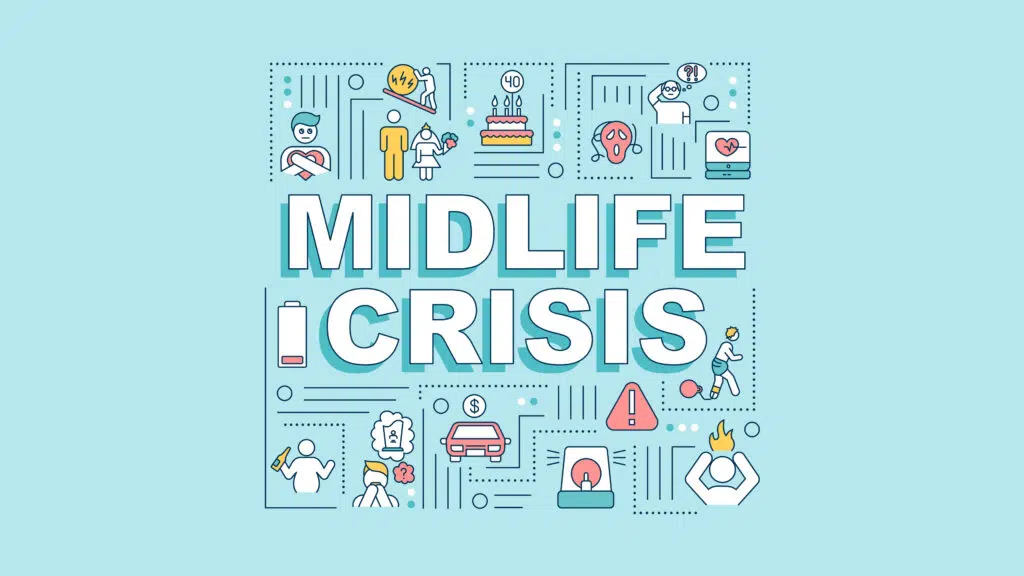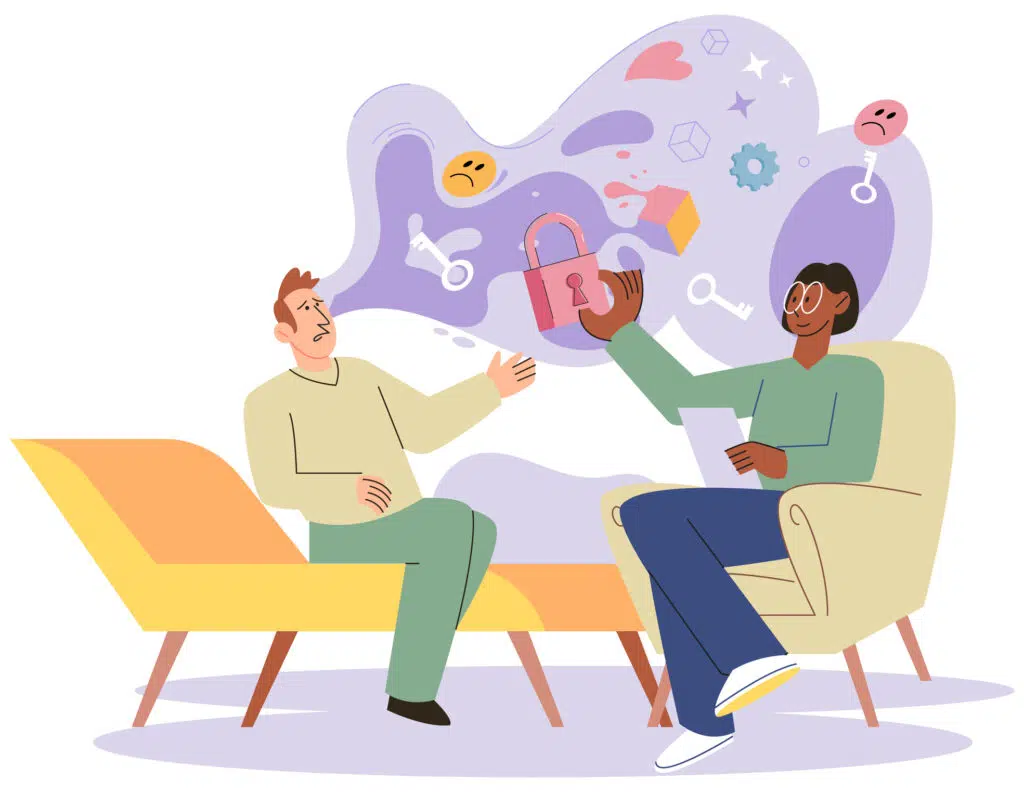How Exercise Affects Mental Health
What Happens to Your Mood when you Exercise?

When someone exercises the brain is stimulated into releasing chemicals into the bloodstream that improve mood. These feel-good chemicals are known as endorphins. They relax the body and improve self-esteem and mood. Regular exercise is an easy way to give your mental health a boost. if you ever noticed how sluggish you feel through not exercising for a long time, then how a run or walk in the fresh air gives you a refreshed boost of energy, you will have experienced the magic of exercise boosting the mind. That’s how to refresh your brain and get your mental health in top form.
Heart Disease and Mental Health
There have been several research studies linking depressive illnesses and stress to an increased risk of heart disease. In fact, depression affects the body and brain by increasing the risk of cholesterol plaques in arteries. Stress hormones dull the body’s response to a requirement for increased blood flow. This leads to heart disease. Exercise helps reduce the risk of heart disease and refreshes your mental health in a positive way.
How Exercise Reduces Stress
Endorphins released through exercise calm the body. They are a natural anti-depressant and give that feel-good factor that you get after a good workout. People who are physically fit tend to suffer less from stress-related problems. Lack of sleep is a common symptom of depressive illness and leads to stress. Regular exercise helps people sleep better and they are then more relaxed to face another day. People who exercise regularly are also less likely to overeat- another problem that results from stress.
Confidence Boosts and Improved Self Esteem
There’s nothing like a gentle challenge to boost confidence in someone. When a person has a depressive or anxiety disorder their confidence has usually been lost. This could be because of low body image or a fear of trying something new. Sometimes after a long term illness people are scared to exercise in public. Exercise is a great way to improve self-esteem and confidence through endorphin release and that sense of achievement. It is important to set a realistic goal and take small steps when exercising for the first time. This will ensure you don’t get overwhelmed, but finish the exercise on a positive note.
Improving Social Life and Mental Health
Loneliness is one of the biggest causes of mental and emotional health problems. Social isolation is also associated with an increased risk of chronic illness. In a world of online activity there is a need to think about how we interact as humans. Joining a walking group or exercise class boosts your health in several ways. Firstly you’ll be physically fitter and the exercise will improve your mental health. Your social life has an opportunity to improve as you meet people through exercise. Don’t be discouraged from fitness groups where everyone appears to be super fit. Check out health groups that run easy walks to start with or take up a beginners yoga class. Set a simple goal such as joining a walking group and speaking to one other person. You’ll be surprised at the difference it makes. The other advantage of an exercise group is that people give encouragement to each other.
Regular exercise is a positive solution to improving the mind and boosting mental health.

How Do I Establish Healthy Boundaries
We often talk about setting healthy boundaries in the workplace, in relationships, with technology, and with ourselves. But what is a healthy boundary, why should you have them for your mental health, and what’s the best way to establish healthy boundaries? Let’s dive in.

Millennials in Crisis: Survey Finds 81% Can’t Afford a Midlife Crisis
Are Millennials a generation in crisis? Millennials are aging. The oldest in the generation is now 43, and the youngest is now 28. With age comes wisdom, but it also often leads to regret, nostalgia, and introspective questions about where people are in life. With the generation quickly approaching “middle age,” many are starting to feel these pressures.

What Are Practical Strategies for Managing Depression?
The number of U.S. adults who have been diagnosed with depression is on the rise, with young adults and women experiencing the most significant increases. We know that the effects of depression can ripple through every aspect of your life.

What Are The Benefits Of Cognitive Behavioral Therapy?
Cognitive behavioral therapy goes beyond managing the symptoms but can help address the root cause of several mental health conditions. Backed by extensive research, CBT is an evidence-based approach that is shown to be effective across various populations.

